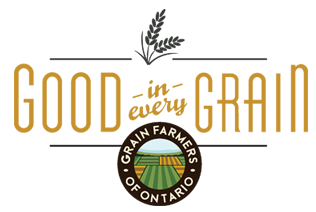Does my child require a gluten-free diet?

Cara Rosenbloom, Registered Dietitian & mom
Most kids adore pasta, bread and birthday cake – all made with wheat. But wheat contains gluten, a type of protein that has made headlines, and is the subject of questions from concerned parents. Is it okay for your kids to eat gluten? Let’s look at the evidence-based science to find out.
Who requires a gluten-free diet?
Celebrity endorsements and best-selling diet books focus on the glamour of going gluten free, but this popular diet is not meant for everyone.
Gluten-free foods are solely meant for people with celiac disease, an autoimmune disorder that affects about one percent of Canadians. It’s also medically necessary for people with a wheat allergy or gluten intolerance. Otherwise, there is no reason for children to follow a gluten free diet.
Gluten is simply a protein found in wheat, rye and barley — staple foods that children enjoy. These foods add much-needed fibre, B vitamins, magnesium, iron and zinc to the diet – which are essential for normal growth and development.
I hear wheat has changed – is it harmful?
In a recent study, Canadian researchers grew wheat from seeds dating back to 1876. When comparing the genetic profile of the harvested wheat, they learned that there has not been a measurable change in the amount of protein and the composition of wheat since 1876. This negates all ideas to the contrary, which were simply based on speculations, but not on science.
Excluding gluten from a child’s diet for no medical reason has drawbacks
Gluten-free products are often made with less fibre and more sugar, salt, fat and refined starches than their gluten-containing counterparts, plus they cost an average of 162 per cent more. Grain Products are a staple food group in Canada’s Food Guide, and provide fuel for your child’s brain. If you are concerned your child has celiac disease, get them tested BEFORE you exclude gluten from their diet.
